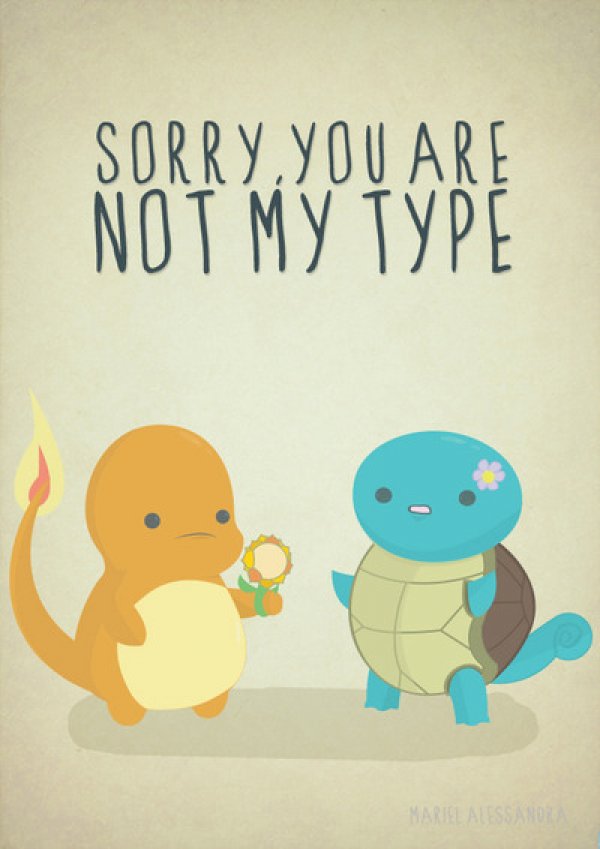REJECTION

Rejections are the most common emotional wound we sustain in daily life. Our risk of rejection used to be limited by the size of our immediate social circle or dating pools. Today,we find ourselves trying to fit into places and positions that no matter how hard we try we won't still fit in.

In addition to these kinds of minor rejections, we are still vulnerable to serious and more devastating rejections as well. When our boyfriend /girlfriend leaves us, when we get fired from our jobs, snubbed by our friends, couldn't make that grade at school or ostracized by our families and communities for our lifestyle choices, the pain we feel can be absolutely paralyzing.
Whether the rejection we experience is large or small, one thing remains constant — it always hurts, and it usually hurts more than we expect it to.
The question is, why? Why are we so bothered by a good friend failing to “like” the family holiday picture we posted on Facebook?, reply our messages, send back our calls or even check on us? Why does it ruin our mood? Why would something so seemingly insignificant make us feel angry at our friend, moody, and bad about ourselves?
The greatest damage rejection causes is usually self-inflicted. Just when our self-esteem is hurting most, we go and damage it even further.
Rejections also damage our mood and our self-esteem, they elicit swells of anger and aggression, and they destabilize our need to “belong.”
WAYS TO OVERCOME REJECTION
The good news is there are better and healthier ways to respond to rejection, things we can do to curb the unhealthy responses, soothe our emotional pain and rebuild our self-esteem. Here are just some of them:
*Have Zero Tolerance for Self-Criticism

Tempting as it might be to list all your faults in the aftermath of a rejection, and natural as it might seem to chastise yourself for what you did “wrong” — don’t! By all means review what happened and consider what you should do differently in the future, but there is absolutely no good reason to be punitive and self-critical while doing so. Thinking, “I should probably avoid talking about my ex on my next first date,” is fine. Thinking, “I’m such a loser!” is not.
Another common mistake we make is to assume a rejection is personal when it’s not. Most rejections, whether romantic, professional, and even social, are due to “fit” and circumstance. Going through an exhaustive search of your own deficiencies in an effort to understand why it didn’t “work out” is not only unnecessarily but misleading.
*Revive Your Self-Worth
When your self-esteem takes a hit it’s important to remind yourself of what you have to offer (as opposed to listing your shortcomings). The best way to boost feelings of self-worthafter a rejection is to affirm aspects of yourself you know are valuable. Make a list of five qualities you have that are important or meaningful — things that make you a good relationship prospect (e.g., you are supportive or emotionally availlable), a good friend (e.g., you are loyal or a good listener), or a good employee (e.g., you are responsible or have a strong work ethic). Then choose one of them and write a quick paragraph or two (write, don’t just do it in your head) about why the quality matters to others, and how you would express it in the relevant situation. Applying emotional first aid in this way will boost your self-esteem, reduce your emotional pain and build your confidence going forward.
*Boost Feelings of Social Connection
As social animals, we need to feel wanted and valued by the various social groups with which we are affiliated. Rejection destabilizes our need to belong, leaving us feeling unsettled and socially untethered. Therefore, we need to remind ourselves that we’re appreciated and loved so we can feel more connected and grounded. If your work colleagues didn’t invite you to lunch, grab a drink with members of your softball team instead. If your kid gets rejected by a friend, make a plan for them to meet a different friend instead and as soon as possible. And when a first date doesn’t return your texts, call your grandparents and remind yourself that your voice alone brings joy to others.
Rejection is never easy but knowing how to limit the psychological damage it inflicts, and how to rebuild your self-esteem when it happens, will help you recover sooner and move on with confidence when it is time for your next date or social event..
DEALING WITH REJECTION, A LITTLE BETTER

*Learn From Rejection
Rather than simply dealing with the pain of rejection, ask yourself ‘What did I gain from this?’ so you can learn from rejection” and turn the experience into an opportunity to self-growth. When you look at things this way, then every time you’re rejected is another learning opportunity.  Treat Rejection Like Losing a Game to Handle It Better
Treat Rejection Like Losing a Game to Handle It Better
“Whether you learn about areas in your life that need improvement, or you simply recognize that being turned down isn’t awful as you imagined, rejection can be a good teacher. Use rejection as an opportunity to move forward with more wisdom,”
*Keep Your Odds in Mind
Know ahead of time what your odds are for success in a situation. While you can’t run actual numbers of whether to not a woman is likely to accept your dinner invite, if she’s expressed that she dislikes you in the past, you can guess that your chances aren’t very good.
Hi! I am a robot. I just upvoted you! I found similar content that readers might be interested in:
https://ideas.ted.com/why-rejection-hurts-so-much-and-what-to-do-about-it/
Flagged due to plagerization from the cited page cited here and below by cheetah: https://ideas.ted.com/why-rejection-hurts-so-much-and-what-to-do-about-it/